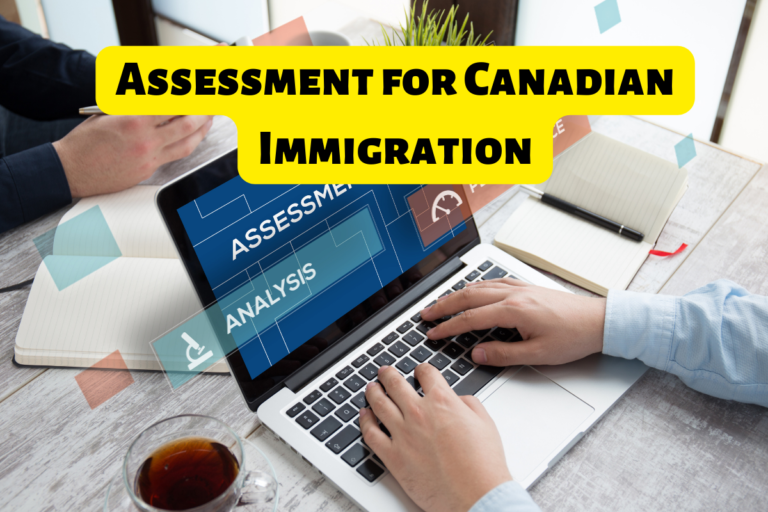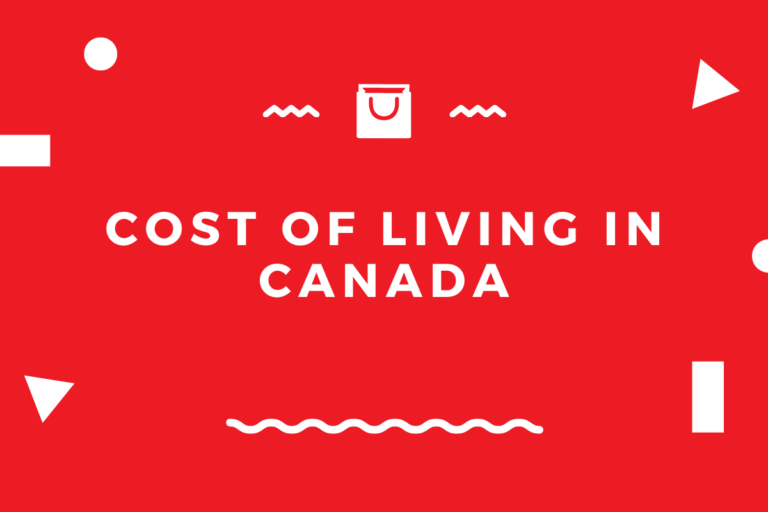What is the Difference Between a Canadian Permanent Resident and a Canadian Citizen?
Canada is a country that welcomes immigrants from all over the world. If you are planning to move to Canada, you may be wondering about the differences between a Canadian permanent resident and a citizen. Although they share some similarities, there are also some significant differences between the two statuses. Here are three differences between a Canadian permanent resident and a citizen:
1. Voting Rights
Voting rights refer to the ability of citizens or residents of a country to participate in the democratic process by casting their votes in elections. In Canada, voting rights are granted only to Canadian citizens, while permanent residents do not have this right. Canadian citizens are entitled to vote in federal, provincial, and municipal elections, as well as referendums and plebiscites.
To be eligible to vote in Canada, a person must be a Canadian citizen, at least 18 years of age on election day, and registered on the voters’ list for their electoral district. Citizens who are living abroad may also be eligible to vote, provided they have been residing outside Canada for less than five years and have maintained their Canadian citizenship.
Voting is a crucial aspect of democracy, as it allows citizens to have a say in the decision-making process and choose the leaders who will represent them at different levels of government. By participating in elections, citizens can directly impact the policies and laws that affect their lives and the lives of others. It is an essential tool for civic engagement and ensuring that the government is accountable to the people it serves.
Overall, voting rights are a fundamental aspect of Canadian citizenship, and all citizens are encouraged to exercise this right to ensure that their voices are heard in the democratic process.
2. Travel Documents
Travel documents are official documents issued by a country’s government that allow an individual to enter or exit the country or to travel internationally. In Canada, the type of travel document required depends on a person’s immigration status. Canadian citizens, for example, must have a valid Canadian passport to travel abroad, while permanent residents need a Permanent Resident Card (PR Card) or Travel Document to enter Canada after traveling abroad.
A Canadian passport is a globally recognized travel document that allows Canadian citizens to travel internationally without a visa to many countries. Canadian passports are issued by the Passport Program of Immigration, Refugees, and Citizenship Canada (IRCC), and they are valid for up to 10 years.
Permanent residents, on the other hand, must have a valid PR Card or Travel Document to re-enter Canada after traveling abroad. The PR Card is a wallet-sized card that confirms a person’s status as a permanent resident of Canada, and it is valid for up to five years. If a permanent resident loses their PR Card while outside of Canada, they must apply for a Travel Document to return to Canada.
It is essential for Canadian citizens and permanent residents to ensure that their travel documents are up-to-date and valid before traveling internationally. Failure to have the necessary travel documents can result in delays or even denial of entry at the border, which can disrupt travel plans and be costly.
Overall, having the right travel documents is a critical aspect of international travel, and Canadian citizens and permanent residents should ensure that they have the appropriate documents before embarking on their journeys.
3. Residency Requirements
Residency requirements refer to the amount of time a person must physically reside in a country to maintain their legal status or citizenship. In Canada, both permanent residents and citizens are subject to different residency requirements.
As a permanent resident of Canada, you must meet the residency requirement to maintain your status. Specifically, you must be physically present in Canada for at least 730 days (or two years) out of every five-year period. If you fail to meet this requirement, your status as a permanent resident may be revoked, and you could be asked to leave Canada.
Canadian citizens, on the other hand, have no residency requirements and can live abroad for as long as they wish while still retaining their citizenship. However, it’s important to note that if Canadian citizen decides to live abroad for an extended period, they may face certain challenges, such as difficulty accessing government services or renewing passports, as they are considered non-residents.
It’s important to understand the residency requirements that apply to your immigration status in Canada. Failing to meet these requirements can have serious consequences, such as losing your permanent resident status or facing difficulties returning to Canada. If you’re a permanent resident and are unable to meet the residency requirement due to exceptional circumstances, such as a serious illness or job opportunity abroad, you may be eligible for a travel document or other exemptions. It’s always best to seek advice from a qualified immigration lawyer or consultant to understand your options and make informed decisions about your residency status in Canada.
Is it better to be a Canadian Permanent Resident or Citizen?
Being a Canadian citizen provides several advantages over being a permanent resident. Canadian citizens can:
- Vote in federal and provincial elections
- Hold a Canadian passport and travel more easily
- Run for political office
- Obtain certain government jobs that require Canadian citizenship
- Be protected by Canadian consular services while abroad
In addition, Canadian citizens cannot lose their status and can live and work in Canada indefinitely without the risk of being deported.
However, becoming a Canadian citizen requires fulfilling certain requirements, including living in Canada for a certain amount of time, passing a citizenship test, and demonstrating proficiency in English or French.
Conclusion
In conclusion, while both Canadian permanent residents and citizens enjoy many of the same rights and benefits, such as access to healthcare and education, there are also some significant differences between the two statuses. The main differences include voting rights, travel documents, and residency requirements. Understanding these differences can help you determine which status is right for you and your future plans in Canada.




